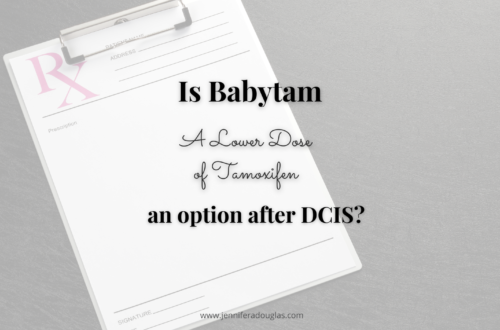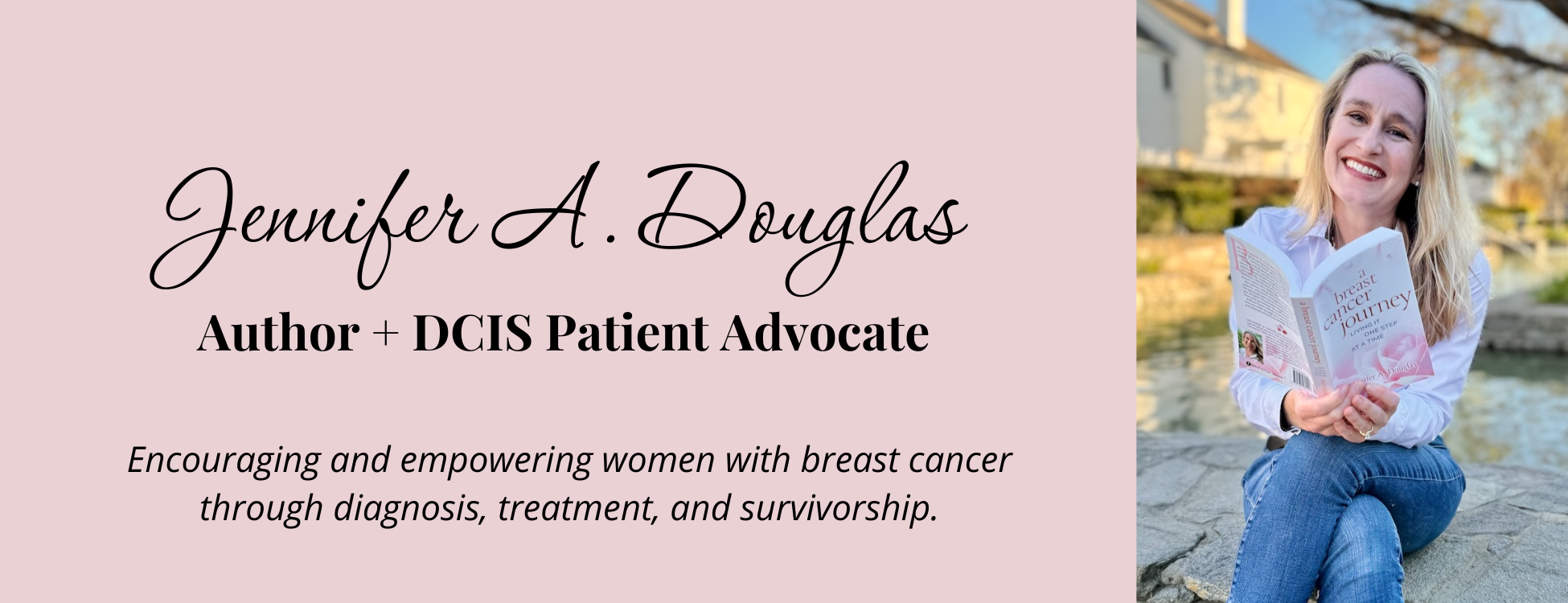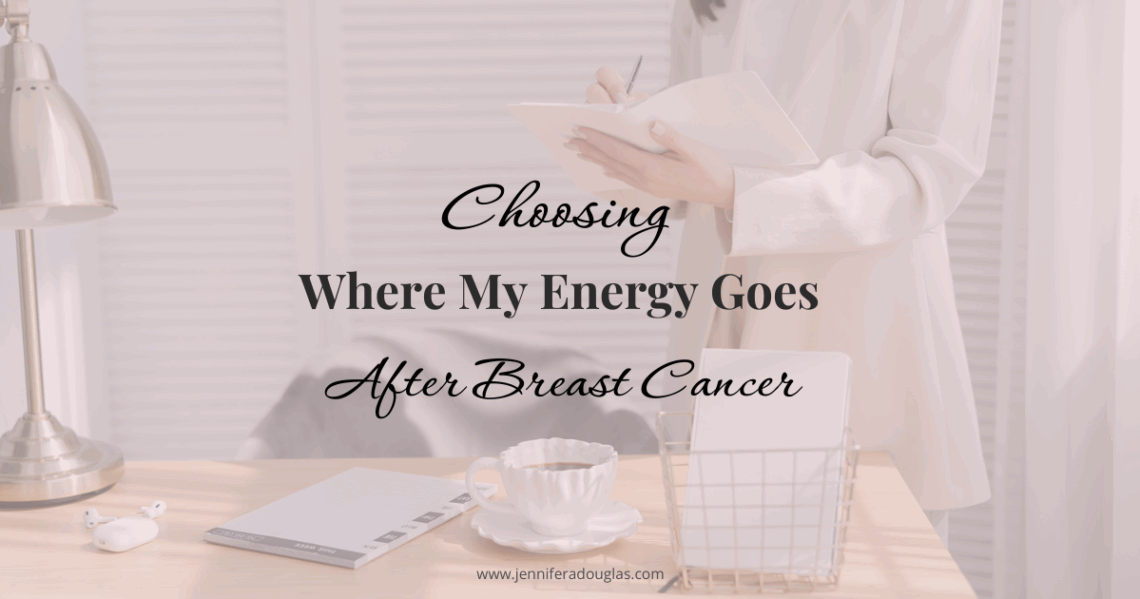
Choosing Where My Energy Goes After Breast Cancer
Letting go of "both-and" and learning to live well with "either-or" energy in survivorship
I can do some of the things, but not all of the things.
Lately, I’ve been thinking about my energy—how much I have each day, what I can realistically do, and where that energy is best spent. Sometimes I wonder, when my energy runs out, why does it still feel like I’m supposed to keep going? Is there some invisible rule that says we have to power through, even in survivorship? And more importantly—should feeling exhausted be a normal part of life after breast cancer?
What if there’s a different way to think about it—one that honors the energy we do have, without glorifying hustle culture or pushing through to the point of burnout?
Before breast cancer, I had what I call both-and energy. I could volunteer and cook dinner. I could homeschool and still manage the household. I could plan meals and help with college applications. It was tiring, sure, but I had enough energy to do both. I could be present in multiple areas of life without constantly asking myself what to let go of.
But after breast cancer, everything shifted. I’d finish the school day and find I had nothing left in the tank for dinner prep. I could either supervise the schoolwork or clean the kitchen. I could meal plan or fold laundry—but I couldn’t do both. My energy wasn’t both-and anymore. It became either-or.
The “Both-And” Energy Before Treatment
One of the things that made this energy shift so difficult was that, before my diagnosis, I was fine. We were sailing along—taking family vacations, enjoying our time together. I was taking French classes on Monday evenings and driving my boys to their extracurricular activities. We had our routines and rhythms, and I had the energy to keep them going.
But once my diagnosis happened, everything changed. I quickly realized that my schedule wasn’t sustainable. I needed time for appointments, and I came home completely drained. I wasn’t just physically tired—I was emotionally fatigued and mentally overwhelmed. Even before treatment began, just the planning and waiting started to sap my energy. It marked the beginning of a noticeable shift.
At the same time, Dave and I were facing our first real health crisis as a couple. This one was terrifying. Breast cancer forced us to confront something we had never faced together: our own mortality. Before we received a clear diagnosis of DCIS, we didn’t know how far the cancer had progressed. That uncertainty was incredibly frightening, and I watched my family struggle with the reality that what I had been diagnosed with could be life-threatening.
I wish I could say we navigated that time with grace and without conflict. But that wouldn’t be true. As I was dealing with the stress of cancer, my teenage sons were dealing with their own emotions and frustrations. I wasn’t available to help them with their lessons. I missed their baseball games. I couldn’t keep the household running the way I always had.
I couldn’t do both anymore. And honestly, no one liked it.
The Shift to “Either-Or” Energy After Treatment
As we walked through my treatment, I let go of what I needed to. Dave took over the homeschooling while I recovered from surgery. The boys quickly learned how to either work with Dad or figure it out on their own. The only subject I still helped with was French, because Dave definitely wasn’t jumping in there.
Meals became simple. I ordered groceries through Instacart. Dave did the laundry—his way.
During treatment, this shift made sense. Everyone knew I was recovering. We adapted.
But then I finished radiation. And like so many families, we were ready for life to go back to normal. I’d crossed the finish line, and I couldn’t wait to feel like myself again—to have the energy I used to have.
That didn’t happen.
One evening, I was chopping vegetables for dinner—yelling and crying at the same time. I can’t remember what set me off, but I do remember the tears falling as I tried to cook. It’s a miracle I didn’t slice my fingers through the blur.
Something needed to change.
My energy was no longer both-and. I could either homeschool all day or prepare a family meal. One or the other. Either-or.
I began to set a new goal: get to dinner without crying. That meant doing less. A lot less. I stopped managing every part of the household. I delegated everything I could and held on to what only I could do.
To be transparent—no one liked this change. We had arguments over why I wasn’t doing “all the things” anymore. There were tears, frustration, and misunderstandings.
And that was exhausting in its own way. But it didn’t change the truth: I couldn’t do it the same way anymore. I still had energy—but now I had to choose where to spend it.
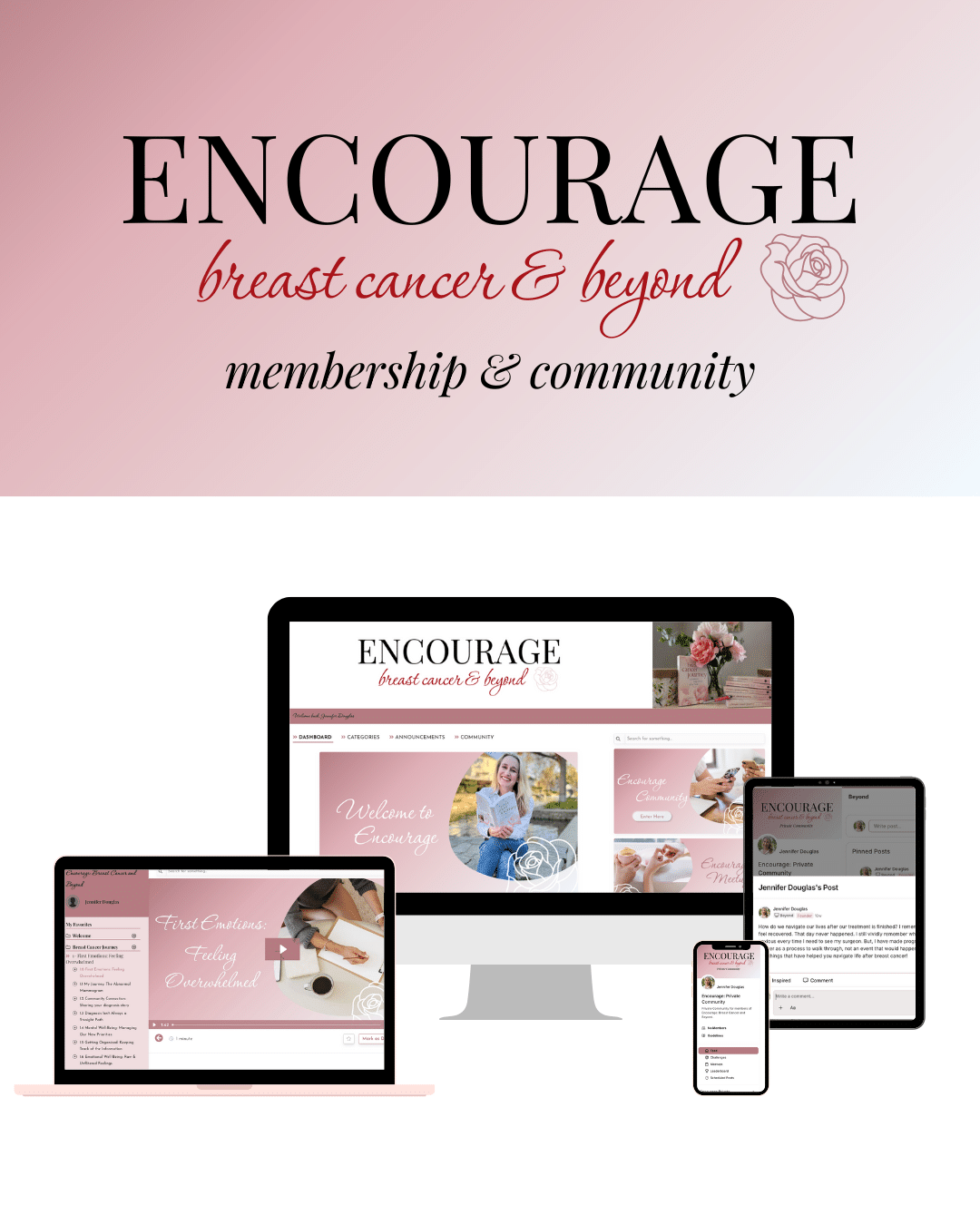
Looking for more support after breast cancer?
Inside Encourage: Breast Cancer & Beyond, a private membership community, you can join me on calls where we can talk about how to find sustainable rhythms after our treatment ends.
Membership includes:
- Access to “A Breast Cancer Journey” Online Course
- Private community
- Regular Zoom Support Calls
Navigating the Return to Work, Home, and Social Life
When the appointments and treatments end, our support often does too. We walk into survivorship grateful to have made it through, but with little guidance and even fewer expectations about what life is supposed to look like now.
We long to get back to normal. But soon we realize: “normal” is exhausting. We no longer have the energy for normal.
The problem is that our energy shift is invisible. No one can see the daily fatigue we carry after treatment. And to make things more complicated, it’s different for each of us. Ongoing preventive treatments, such as tamoxifen, aromatase inhibitors, or targeted medications like Verzenio, can affect our energy, moods, and bodies in ways that can linger for years. These aren’t short-term adjustments. They’re long-haul realities.
As I tried to navigate my return to daily life, I was also dealing with the emotional side effects of tamoxifen. I was more sensitive, more easily overwhelmed—and it showed. My kids noticed. I remember feeling guilty for snapping at them, then even more drained from the mom guilt that followed. Nothing like emotional whiplash to make your “either-or” energy feel even more limited.
And then, just as we were beginning to find our footing again, the pandemic hit. Even if we wanted life to go back to normal, there was no normal to return to.
If you’re in this season now, trying to show up for your family, your work, your friendships, your home—I want you to know: it’s okay that it feels hard. You’re not imagining it.
You are carrying the lingering weight of treatment, the ongoing side effects of medication, the emotional impact of a life-changing diagnosis, and the reality of a post-surgery body. That’s a lot. Of course your energy feels limited. Of course your capacity is different than it used to be.
This season isn’t about snapping back. It’s about giving yourself space to rebuild, gently and intentionally—one choice at a time.
Embracing and Owning Your Energy
Recently, Dave and I had just finished dinner when he asked if I wanted to go for a walk. I said I did—but I needed to clean up the kitchen first. Our sons were both at work, so the dishes were mine that night.
As I worked my way through the pots and pans, I could feel my energy dipping. By the time I scrubbed the last pan, I realized I didn’t have it in me to walk and clean up. I looked at Dave and said, “I don’t think I have the energy for a walk tonight.” He smiled and said, “No worries.” We sat outside, watched the sunset, and later curled up on the couch with a show. It was a lovely evening.
A few years ago, I would’ve pushed through. I would have taken the dogs out, even though I was tired. I would’ve done both. But last night, I made a choice. I chose the clean kitchen over the walk. Either-or. And I was content with my choice.
As we move through survivorship, our energy will fluctuate. Some days we may feel strong and able to take on a lot. Other days, we won’t. That’s okay.
I’ve become more flexible with how I approach my days, and I treat my energy like a precious resource. How do I want to spend it? If writing is important to me, then I need to protect my cognitive energy for it. That means writing in the morning, when I’m freshest.
I also don’t apologize for being tired anymore. I’m not a machine—I don’t run on unlimited energy. None of us do. But we can embrace the energy we do have and use it wisely.
For me, sometimes that looks like writing. Sometimes it looks like laundry. But it’s rarely both on the same day.
Free to Focus our Energy
Thinking of my energy in terms of “either-or” has actually been freeing. It gives me the power to choose where to focus—and it invites me to ask a different question: Where can I have the greatest impact? And where might it make more sense to get help?
Cooking is something I enjoy. But meal planning and grocery shopping? That drains me. So, I’ve simplified. We get our dinners through HelloFresh, which lets me spend my energy cooking instead of planning. I’d rather chop vegetables than build a grocery list.
This “either-or” mindset also helps me prioritize my work. Writing takes focus and creativity. If I use that energy elsewhere, I don’t have anything left to write with. So I’m learning to protect it—to make time and space for what matters to me.
I encourage you to do the same. Spend your energy on the things that matter most to you right now. It’s okay if that doesn’t include everything. We don’t have to do it all. That’s exhausting.
But choosing—intentionally—the most meaningful, life-giving things? That can help us move forward with clarity, peace, and purpose as we navigate life after breast cancer.
If you’re looking for a space to talk about things like this—a private, supportive place to connect with fellow survivors who understand—I’d love to invite you to join Encourage. It’s a community built around compassion, conversation, and real-life support for life during and after breast cancer. You’re not alone in this, and you don’t have to figure it all out by yourself.
Jennifer Douglas
Jennifer Douglas is an author, patient advocate, and DCIS breast cancer survivor. After navigating her own breast cancer journey in 2019, she began writing and encouraging others who were newly diagnosed. Her resources include her book, "A Breast Cancer Journey: Living It One Step at a Time," and her online support course, "Encourage: Breast Cancer and Beyond." Jennifer also actively supports patients through her online presence and direct involvement in communities and support groups, offering guidance and encouragement every step of the way.


You May Also Like
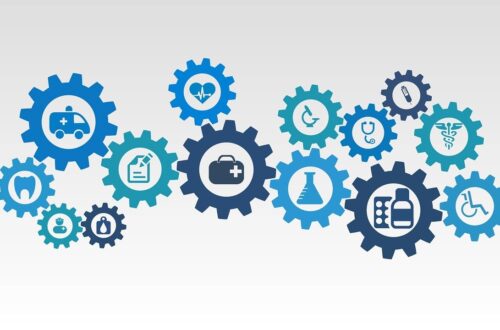
Surgery Choices: Why I Decided to Have a Lumpectomy
December 1, 2020
How to Understand Your Mammogram Results
July 31, 2020